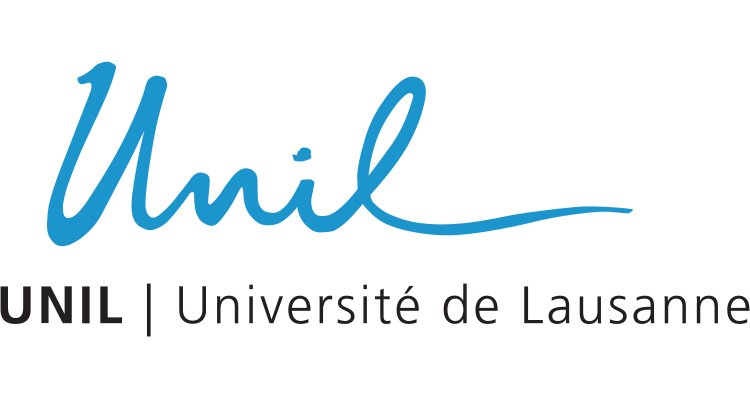Menu

The University of Lausanne is a higher teaching and research institution composed of seven faculties where approximately 15,600 students and about 3,900 research, teaching et technical staff.
Its research activities focus on three main themes: human and social sciences, life sciences and medicine, and environmental sciences.
UNIL lays great store by the quality and innovation of its teaching. This is characterised by a highly interdisciplinary approach which is even reflected in the organisation of its faculties.
The ITA is specifically collaborating with the three following institutes of UNIL:
The ‘École des Sciences Criminelles’ (ESC, English: School of Criminal Sciences) is attached to the Faculty of Law, Criminal Sciences and Public Administration of the University of Lausanne. Born out of the teachings on forensic photography given at the beginning of the 20th century by Professor Rodolphe Archibald Reiss, it was the first forensic science school in the world and remains one of the only institutions in Europe to offer a complete training in forensic science.
Forensic science is at the crossroads of science, law and the humanities, technology and their application to law. Forensic science, forensic science and criminology, criminal policy and criminal law look at a phenomenon in society, crime and its excesses, as well as the means of combating, preventing or punishing it.
Mobility and technology have served to internationalise crime. They fuel criminal aberrations through terrorism, trafficking of all kinds (drugs – also those used for doping in sports, arms, human beings, etc.) and ways of converting the profits badly acquired by organised financial networks (money laundering, corruption, etc.). The political, economic and judicial consequences require responses that the ESC addresses through its research, methodological developments and training. Through pilot projects and collaboration with judicial bodies at local and international level, the ESC occupies a particularly recognised position.
The center for Research and Expertise in anti-Doping sciences (REDs) is emerging as an international reference centre to be able to perform independent research and provide expertise with a multidisciplinary and innovative approach in anti-doping sciences.
Additionally, the ambition is to provide initial training in the field of doping and the fight against doping at Masters and PhD levels, but also specialize in continuing education for coaches, managers, supervisor, and doctors assisting in the advancement of anti-doping.
Research: the REDs is purposely created to perform independent, multidisciplinary, and innovative research in the field of the fight against doping in collaboration with leaders in the field.
Expertise: the REDs is a network of independent experts of high academic level that are able to provide consultation on scientific, legal, and certification aspects for the medical, disciplinary, and organizational bodies of international sports organizations.
Education: this research and expertise enables the REDs to offer high-level training that is tailored to the public and to be involved in many issues of the fight against doping
With the status of independent observatory at the University of Lausanne, REDs develops activities in a coordinated approach to promote the fight against doping in national and international associations, support the international network of laboratories, and facilitate the fight against doping directly in sports teams.
IDHEAP, the Swiss Graduate School of Public Administration, was founded in 1981. It is an institute of the University of Lausanne whose objective is to develop and transmit theoretical and practical knowledge about public or state action and the conduct of the institutions charged with carrying it out. IDHEAP’s teaching in the field of public administration and governance is based on a multidisciplinary approach combining human and social sciences such as law, economics, management and political science.
On 1 January 2014, IDHEAP became an integral part of the University of Lausanne’s Faculty of Law, Criminal Sciences and Public Administration.